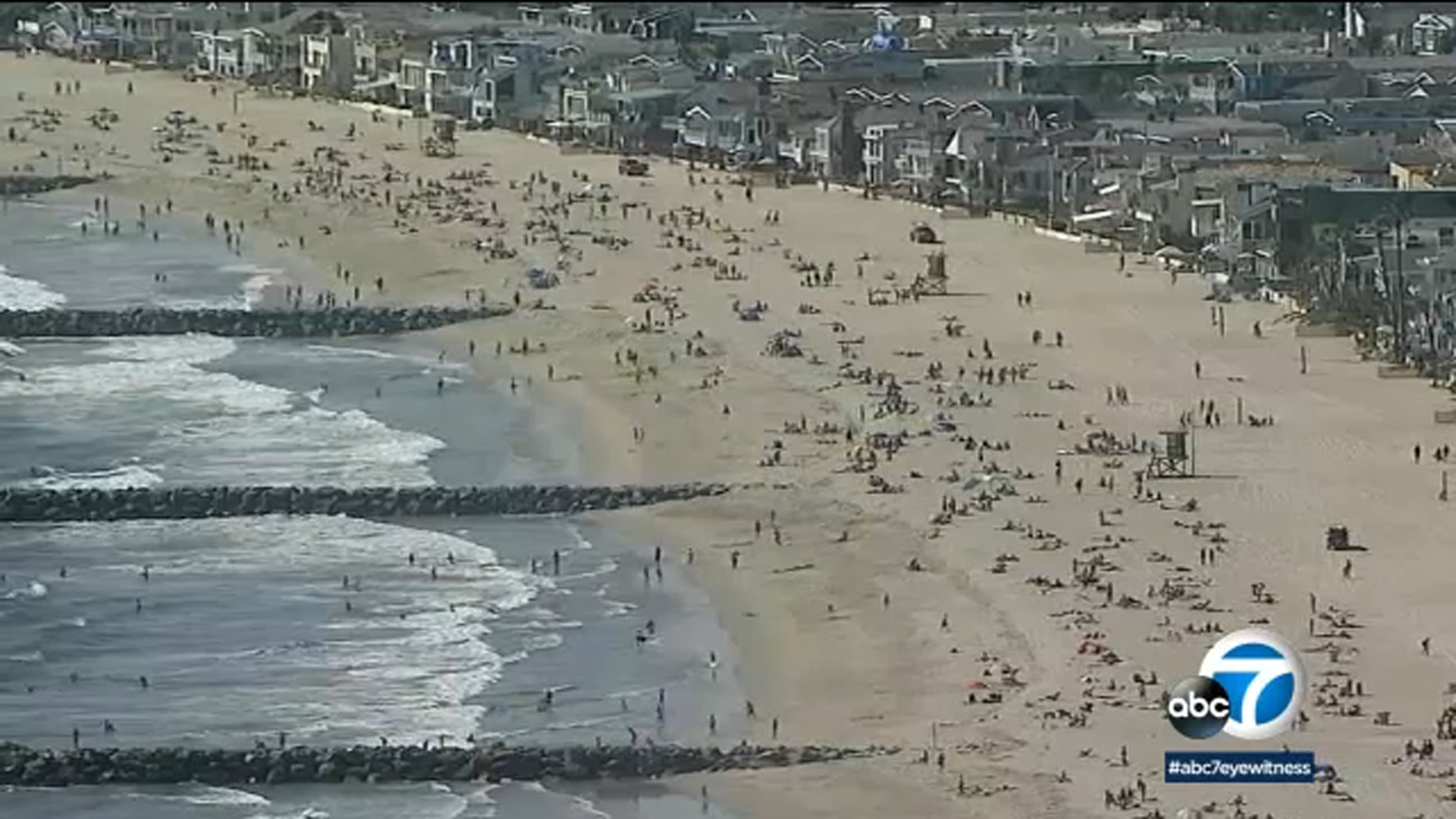Can heat, sunlight slow spread of COVID-19? Health expert weighs in
Recent laboratory studies by the U.S. Army high-level biosecurity lab suggest that heat and sunlight can potentially slow the spread of COVID-19.

CALIFORNIA -- Recent laboratory studies by the U.S. Army high-level biosecurity lab suggest that heat and sunlight can potentially slow the spread of the novel coronavirus. This study was presented during a White House briefing by William N. Bryan, Under Secretary for Science and Technology (DHS).
A study by the University of Connecticut titled: "Seasonality and uncertainty in COVID-19 growth rates" also point to a similar finding.
"Early insights from laboratory studies of related coronaviruses predicted that COVID-19 would decline at higher temperatures, humidity, and ultraviolet light. Using current, fine-scaled weather data and global reports of infection we developed a model that explained 36% of variation in early growth rates before intervention, with 17% based on weather or demography and 19% based on country-specific effects. We found that ultraviolet light was most strongly associated with lower COVID-19 growth rates."
Stanford medicine professor, Dean Winslow weighed in about this possibility.
"We know from seasonal influenza every year that generally the transmission of cases starts falling dramatically as things heat up in the northern hemisphere, but this is not the flu so we don't know," said Professor Winslow.
A concern that medical professionals and Stanford medicine professor, Dean Winslow shares, "The clear risk of transmission is by large particle droplets and they generally have a range of about 6 feet, hence that recommendation of social distancing. However outdoors with the evaporation and dispersal by wind is much more efficient," said Professor Winslow.
Why 6 feet? The science of social distancing

While medical professionals continue to study this virus the safest thing to do is to stay at home and use a face mask when outdoors.










